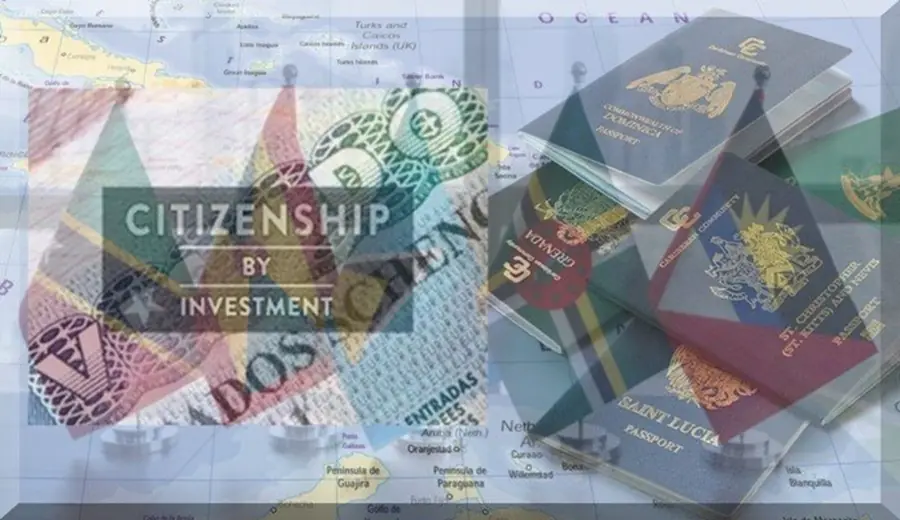The Council of the European Union has approved significant updates to its mechanism for suspending visa-free travel, granting the EU more robust tools to address potential misuses of travel privileges by third-country nationals.
On Tuesday, EU member states finalized a comprehensive reform that will enable quicker and more targeted responses to situations where visa-free travel threatens European interests. The amended regulation introduces several key changes designed to enhance the EU’s ability to manage cross-border mobility.
Under the new rules, the EU can now revoke visa-free status for countries that fail to align with its visa policies or operate controversial investor citizenship schemes. Additionally, the mechanism will allow suspension in cases of deteriorating diplomatic relations or human rights violations.
The regulation lowers the threshold for triggering suspension from 50% to 30%, making it easier to respond to substantial increases in refused entry, overstay cases, asylum applications, and serious criminal offenses.
Notably, the suspension period has been extended from 9 to 12 months initially, with a potential additional 24-month extension. This longer timeframe provides more opportunities for diplomatic engagement and resolution.
A significant innovation is the regulation’s targeted approach to suspension. Rather than blanket restrictions affecting entire populations, the EU can now specifically target government officials and diplomats during extended suspension periods.
The new mechanism will become directly binding and applicable across EU member states following publication in the Official Journal, marking a significant step in managing external border controls and maintaining security.
The regulation is set to enter into force twenty days after its official publication, signaling a new era in the EU’s approach to managing international travel privileges.





